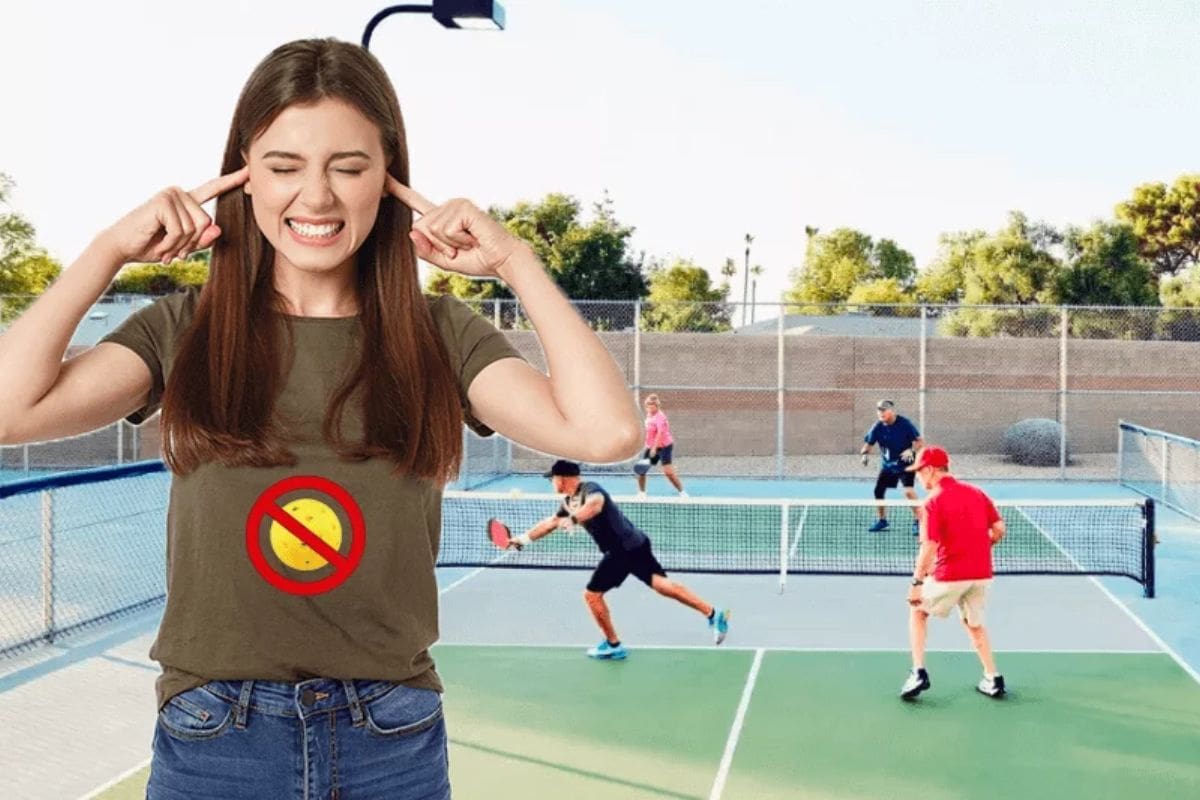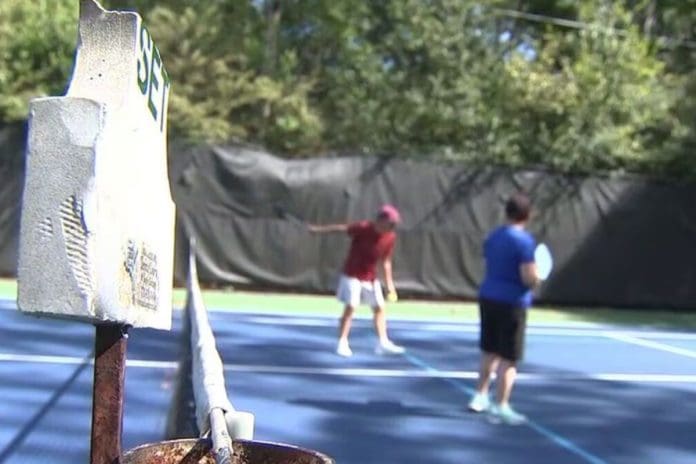Pickleball Backlash Grows in Ross: A pickleball backlash is brewing in the affluent Marin County town of Ross, where the sound of the game has become a point of contention. On September 12, the town’s six-member council convened to discuss potential restrictions on private pickleball courts. Although the council decided to postpone any action until its October meeting, a consensus emerged: the noise generated by these courts is often disruptive.
Council’s Concerns on Noise
“What I’m hearing from all of you is, ‘Well, pickleball noise is annoying;’ nobody is going to disagree,” Councilmember Mathew Salter articulated during the meeting. “It’s loud, it’s a problem, people don’t like it, it’s a noise problem, but how to regulate that noise is a very difficult task, and I honestly don’t think any of us can figure this out. I actually think that this is why there are so few examples of very good policy out there.” As pickleball surges in popularity—now recognized as America’s fastest-growing sport—so too does the chorus of detractors, particularly those focused on noise complaints. With an average sound level of around 70 decibels, akin to a dishwasher, the game’s auditory footprint has drawn attention.
Noise Complaints and Regulatory Measures
Interestingly, the town of Ross has yet to receive a formal noise complaint related to pickleball. However, other cities have faced frequent grievances, leading to restrictions on where new courts can be established. In response, manufacturers have begun creating quieter paddles and balls to mitigate the issue. In San Francisco, for instance, one resident took matters into their own hands, initiating a petition to curtail play at the Presidio Wall Playground due to noise. While the city ultimately removed half of the courts there, a Recreation and Parks Department spokesperson clarified in April that the decision was not directly linked to the petition.

Regulatory Options on the Table
The discussion in Ross was underpinned by the town’s general plan, which stipulates that outdoor areas of residences must not exceed an average of 55 decibels over a 24-hour period. This regulation was frequently referenced during the council’s deliberations. Various options were considered, including a complete ban on new residential courts, amending the municipal code to restrict play within 250 feet of residential property lines, or mandating that those wishing to build private courts conduct noise studies to ensure compliance with the 55-decibel limit.
Mayor Pro Tempore Julie McMillan expressed her opposition to a retroactive ban but advocated for limitations on the construction of new private courts. “I am not in favor of allowing [new] courts, especially in the areas where they’re currently being contemplated and in light of the fact that we have four public courts that can accommodate 16 people,” she stated. “Just get in your car or get on your bike or walk down the street and play at the existing courts.”
Concerns About Enforcement and Aesthetics
Council members voiced worries about the financial implications and visual impact of potential noise-reduction measures, such as walls. They also noted that implementing a ban within 250 feet of residential properties could hinder existing courts, raising further complications. Enforcement remains a concern as well, with the council noting that many cities struggle to regulate court usage hours or mandate quieter equipment effectively.
Mayor Bill Kircher, who serves as the media spokesperson for the council, did not respond immediately to an SFGATE request for comment.
News in Brief: Pickleball Backlash Grows in Ross
In Ross, California, the town council is considering restrictions on private pickleball courts due to noise concerns, with a meeting scheduled for October. Councilmember Mathew Salter acknowledged the issue, emphasizing the challenge of regulating sound levels. Despite no formal complaints, noise from pickleball courts—averaging 70 decibels—has drawn scrutiny.
Potential measures include banning new courts or requiring noise studies for permits. Mayor Pro Tempore Julie McMillan advocates for limiting new constructions, pointing to existing public courts. Enforcement of noise regulations remains a significant concern for council members.
ALSO READ : New Pickleball Club Set to Transform Armonk: SPORTIME Expansion

